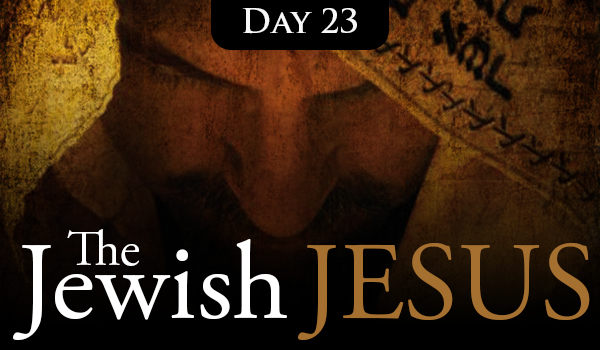
Unlike the other high priests, he does not need to offer sacrifices day after day, first for his own sins, and then for the sins of the people. He sacrificed for their sins once for all when he offered himself.
Hebrews 7:27
The book of Hebrews was written to the Jewish converts who were tempted to revert to their Judaic roots. We’ll look at this more in-depth later. So, it should not be surprising, then, that one of the purposes of the book was to point to Jesus as the fulfillment of all that was foretold in the Old Testament. This included many references to Jesus as the final and ultimate High Priest. But let’s rewind a bit and look at this position.
The first high priest mentioned in the Old Testament was during the time of Abram and his name was Melchizedek (Genesis 14:18). Some of the other high priests mentioned by name were:
- Aaron, during the time of Moses
- Hilkiah, during the reign of the good king Josiah
- Eliashib, who helped Nehemiah rebuild the walls and gates of Jerusalem
- Joshua, during the prophetic ministry of Haggai; helped rebuild the temple
- Caiaphas, who had a high profile during Jesus’ crucifixion
One of the main sacrificial duties of the high priest was to “sacrifice a bull each day as a sin offering to make atonement” (Exodus 29:36a). They also had to offer a morning and evening lamb sacrifice, along with flour, olive oil, and wine (29:38–41). The book of Leviticus spells out five types of offerings that were made: burnt, grain, fellowship, sin, and guilt. There’s not room to elaborate here, but you can read about these on your own. Once a year, the high priest also entered the Most Holy Place, or Holy of Holies, on the Day of Atonement for the corporate sins of the Israelites.
Now, back to Hebrews. The author reminded the Jewish followers about Jesus’ ultimate role in the verse above. Jesus was in the order of Melchizedek because He was appointed by God (Hebrews 6:20) and not through the tribe of Levi. He was not only the High Priest, but He Himself was the Sacrifice and ultimate atonement for sins.
Praise God today for sending His Son to atone for our sins:
“Therefore, since we have a great high priest who has ascended into heaven, Jesus the Son of God, let us hold firmly to the faith we profess. For we do not have a high priest who is unable to empathize with our weaknesses, but we have one who has been tempted in every way, just as we are—yet he did not sin. Let us then approach God’s throne of grace with confidence, so that we may receive mercy and find grace to help us in our time of need.”
Hebrews 4:14–16